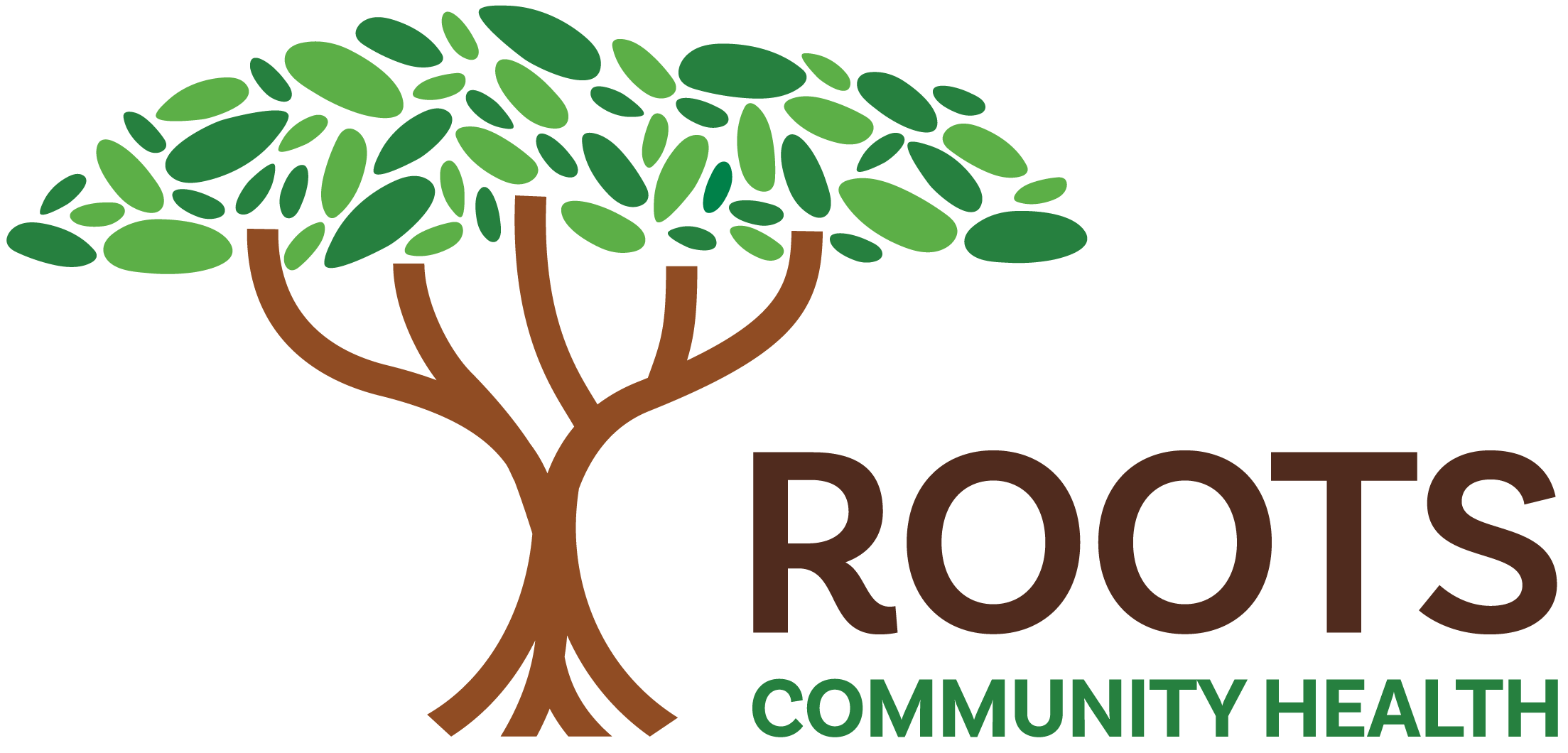Cultural Respect
Originally Posted on March 9, 2013 by drnoha
The United States is among the most ethnically diverse nations on the planet. By the year 2010 it is expected that 35 percent of the U.S. population will consist of people ordinarily categorized as ethnic “minorities.” This diversity itself translates into a social and cultural richness of immense proportions. Yet such diversity also provides occasion for a multitude of challenges in terms of the provision of satisfactory medical care.
Well, it is now 2013, so we have surely surpassed that goal. It is most important to realize that people from different cultures react in different ways when approached in the personal way that practicing medicine requires. It is important for each patient to realize that they are respected as individuals. If it is at all possible, the clinic will administer culturally competent medical care to each and every patient.
In order to assure that each patient feels comfortable when receiving care, the main element needed is good communication. This is needed when first starting to review a patient’s situation so that their background is thoroughly understood. Next, it is necessary to help them to understand any procedures required to make a good diagnosis. After the diagnosis is made, the need to have the patient understand what must be done when it comes to taking care of the health matter. This can be a very complicated.
The taking of medicines at specific times, the interaction of medicines with different foods or beverages, all have to be understood. some cultures have never taken modern medicines. If there is a wound involved, the concept of keeping the site sterile may be something that they have never considered, at least not according to the standards followed in the U.S.. Translation must go beyond just the words, but into the concept that is necessary here. The need for follow-up, the watching for signs of problems developing, all have to be carefully explained and understood. We have case managers that are assigned to each patient, but sometimes, making this a family affair is needed so that all will understand.
If you wish to learn more about our clinic, our opportunities for learning more about our programs for health screenings and health maintenance, contact us.
AQUIL NAJI
